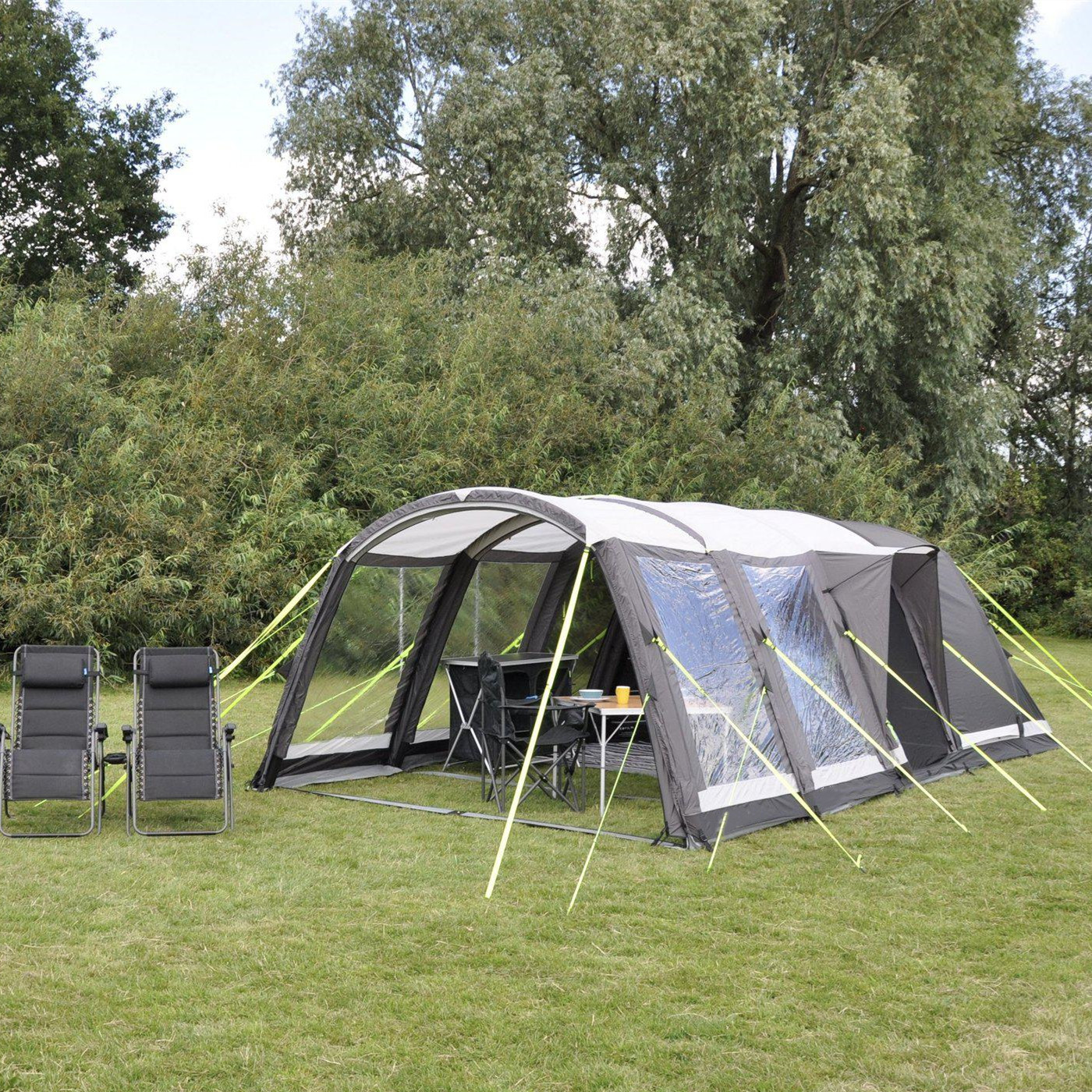
Imagine going on a camping trip during a chilly autumn weekend. You set up your tent, excited for a cozy night under the stars, but as the sun sets and temperatures drop, you start to feel the chill seeping into your sleeping space. Sound familiar? Well, fear not! Inflatable tents with excellent insulation and thermal performance are here to save the day, or rather, the night.
Gone are the days when camping meant roughing it out in a flimsy, uninsulated tent. Thanks to advancements in technology, inflatable tents have become a popular choice among outdoor enthusiasts. They offer a perfect blend of convenience, durability, and comfort. And when it comes to insulation and thermal performance, these tents really shine.
So, why is insulation important in a tent? It’s simple. Insulation helps regulate the temperature inside the tent, keeping you warm in cold weather and cool in hot weather. It acts as a barrier, preventing the transfer of heat between the inside and outside of the tent. Without proper insulation, you could find yourself shivering in freezing temperatures or sweating profusely in the summer heat.
But what makes inflatable tents stand out in terms of insulation and thermal performance? Well, let’s dive into the details, shall we?
To begin with, inflatable tents are typically constructed using multiple layers of high-quality materials. These layers work together to create an effective insulation system. The outer layer, often made of durable polyester or nylon, helps protect the tent from external elements such as rain, wind, and snow. The inner layer, on the other hand, is responsible for trapping heat inside the tent.
One of the most crucial components contributing to the thermal performance of inflatable tents is air insulation. The air trapped between the layers of the tent fabric acts as an excellent insulator. It forms a barrier, slowing down the transfer of heat and maintaining a stable temperature inside the tent. Inflatable tents are designed to maximize this air insulation, ensuring that you stay cozy and comfortable throughout your camping trip.
Additionally, inflatable tents often come with built-in insulation features, such as thermal linings or reflective coatings. These additions enhance the tent’s ability to retain heat. Thermal linings are usually made of materials like fleece or polyester, which provide extra warmth. Reflective coatings, on the other hand, reflect radiant heat from the sun, preventing the tent from heating up excessively in hot weather.
Another factor that sets inflatable tents apart is their airtightness. Unlike traditional pole tents, inflatable tents are sealed units, which means no air can escape or enter unless intentionally released. This airtightness plays a vital role in maintaining a comfortable temperature inside the tent. It prevents drafts and cold spots, ensuring that the warm air generated by your body or a heating source stays trapped within the tent.
Furthermore, inflatable tents often come with clever ventilation systems that allow for proper airflow while still preserving heat. Ventilation is essential to prevent condensation buildup inside the tent, which can lead to discomfort and dampness. By incorporating adjustable vents and mesh panels, inflatable tents strike the perfect balance between staying warm and keeping the air fresh.
Inflatable tent manufacturers also understand that campers have different preferences and camping needs. That’s why they offer a wide range of tents with varying levels of insulation and thermal performance. From lightweight three-season tents to heavy-duty four-season tents, there is an inflatable tent for every camper and every season.
When choosing an inflatable tent with excellent insulation and thermal performance, it’s important to consider the tent’s R-value. The R-value measures a material’s resistance to heat flow, with higher values indicating better insulation properties. Look for tents with higher R-values, as they will provide superior thermal protection in colder climates.
To further enhance the thermal performance of your inflatable tent, there are a few tricks you can employ. Firstly, invest in a high-quality sleeping bag and sleeping pad that are suitable for the temperatures you expect to encounter. These accessories will provide additional insulation and help you stay warm throughout the night. Secondly, consider using a tent footprint or groundsheet to create an extra layer of insulation between you and the cold ground.
In conclusion, insulation and thermal performance play a crucial role in the comfort and enjoyment of your camping experience. Inflatable tents excel in these aspects, offering a cozy haven even in challenging weather conditions. With their multiple layers, air insulation, built-in features, airtightness, and clever ventilation systems, these tents provide campers with the perfect balance between insulation and breathability.
So, the next time you embark on a camping adventure, make sure to choose an inflatable tent with excellent insulation and thermal performance. Your future self will thank you for the cozy and warm nights under the stars. Happy camping!